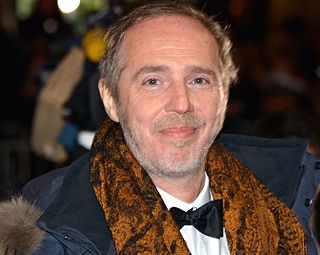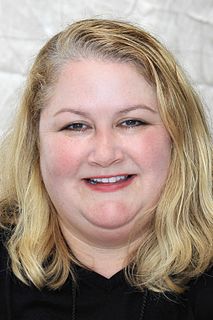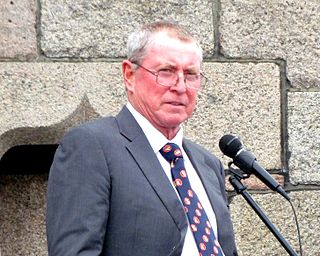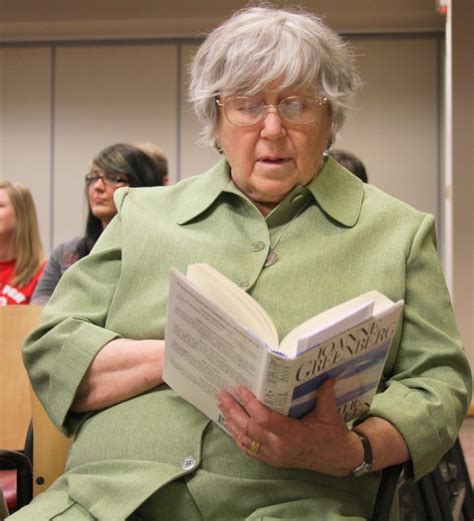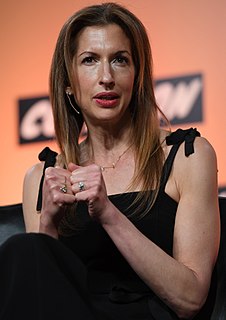A Quote by Veronica Roth
Why do you say vague things if you don't want to be asked about them?
Related Quotes
When people say ceramics is therapeutic and seductive, I think it's really about the wheel. Nothing I've done has that feeling; I feel like I'm fighting with the material the whole time. It doesn't want to be vague. It doesn't want to be asymmetrical. It doesn't want to have different clays combined. It doesn't want to do any of the things I make it do.
its no surprise to me that anyone hardly tells the truth about how they feel. The smart ones keep to themselves for good reason. Why would you want to tell anyone anything that's dear to you? Even when you like them and want nothing more than to be closer to them? It's so painful to be next to someone you feel so strongly about and know you can't say the things you want to.
I’m curious about things that people aren’t supposed to see—so, for example, I liked going to the British Museum, but I would like it better if I could go into all the offices and storage rooms, I want to look in all the drawers and—discover stuff. And I want to know about people. I mean, I know it’s probably kind of rude but I want to know why you have all these boxes and what’s in them and why all your windows are papered over and how long it’s been that way and how do you feel when you wash things and why don’t you do something about it?
Do you want to guess what's in here?" I asked Dash. "I think I've got it figured out already. There's a new supply of red notebooks in there, and you want us to fill them in with clues about the works of, say, Nicholas Sparks." "Who?" I asked. Please, no more broody poets. I couldn't keep up. "You don't know who Nicholas Sparks is?" Dash asked. I shook my head. "Please don't ever find out," he said.
The list of things about which we strictly have to be agnostic doesn't stop at tooth fairies and celestial teapots. It is infinite. If you want to believe in a particular one of them - teapots, unicorns, or tooth fairies, Thor or Yahweh - the onus is on you to say why you believe in it. The onus is not on the rest of us to say why we do not. We who are atheists are also a-fairyists, a-teapotists, and a-unicornists, but we don't have to bother saying so.
I once had a patient who used to practice the most horrible tortures on himself, and when I asked him why he did such things, he said, 'Why before the world does them.' I asked him then, 'Why not wait and see what the world will do?' and he said, 'Don't you see? It always come at last, but this way at least I am master of my own destruction.
I have been asked so many times why I live a green life, why water conservation, why getting wells in places, why work with water organizations, why conserve water at home with double-flush toilets, why I tell my daughters, "Turn off the tap" so much. Sometimes I want to say, "I wish I knew the answer." My answer really is: I don't understand why everyone doesn't feel this way.




